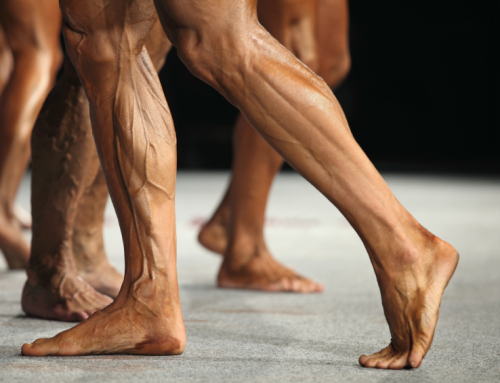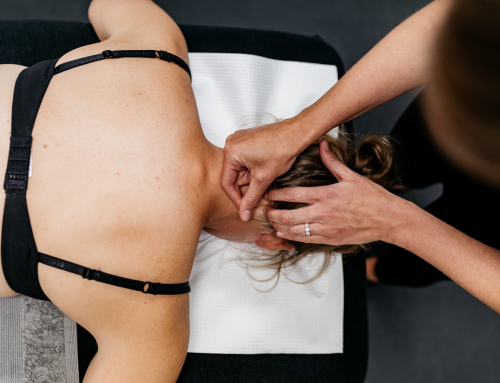It’s taper time for Cairns IM, and over the next three weeks most triathletes will reduce training volume, commonly called taper, in order to feel rested for important races. Coaches will give taper between 2 and 4 weeks usually. I give my crew 3 weeks unless they’re racing a 70.3 3 weeks out, then taper will become 4 weeks. I personally only taper for two weeks.
As athletes begin the taper process, some notice they feel down and experience “the blues.” I personally hate taper and I often feel better if I keep training hard but being rested at the start of an Ironman is the key to success when you will push your body to the limits between 9 and 15h for us AG athletes.
Not all athletes experience the same feelings, or combination of feelings, but it’s common to experience taper blues. Some athletes will love it and feel invigorated and jumping out of their skin. I am not one of those athletes!
The list below can help you identify if you’ve experienced any of the common taper symptoms. Being aware of these feelings can help you handle them properly, and ensure your tapering remains on track.
COMMON TAPER SYMPTOMS
- At the beginning of the taper, some athletes say they feel more tired than when they were putting in long training hours. For those who are tapering their volume over several weeks, this feeling leads to a temptation to resume higher volume. Resist the temptation; it’ll pay off on race day.
- When tapering for a key race, many athletes feel flat and fatigued during the final workouts, wondering how they’ll ever make it through the event.
Doubts settle in, fear increases and many questions are asked.
This feeling can sometimes cause athletes to test themselves on the actual race course or distance to be sure they can make it. This is what I call Ego type training or insecurity training. Many athletes do this during the prep too so that they can constantly reassure themselves that they are at a good level or ready to go. If you give into this feeling during training or taper, it will make you feel better but will harm your performance. - As the taper continues, many athletes notice (or more likely their family and friends notice first) that they’re slightly grouchy. Some athletes are more than just a little grumpy. They feel edgy, aggressive, sad, snappy and lash out quickly. Often, family and friends will urge the athlete to put in more hours, in desperate hope of stopping that foul mood. Take their comments and observations to heart and lighten-up. Apologize for any over-the-edge behaviours and educate your family and friends about the tapering process.
- Most of the athletes I work with begin to notice little aches and pains they never noticed before the taper period. These pains show up for no apparent reason. In fact, these pains were non-existent during the high-volume training phase, making it tempting to resume longer training hours.
They struggle to move or get out of bed in the morning. They feel sore and lethargic. They feel slow and unfit. If aches and pains emerge, resist the urge to increase training volume but keep up the weekly massages, bath with Epsom salt and light stretches. - Some athletes may feel slightly blue or depressed the week before the race because they feel bloated and fat. It is normal to feel a bit heavier on taper. You are not training as much so it is often good to watch your carbohydrate intake and to avoid simple sugars until 3 days before the race. Others feel lean and fast and they have so much energy they’ll go nuts if they don’t work out. It is ok to put on a couple of kilos in the taper. Don’t act on either of these feelings, talk to your coach and just let them pass.
- Within one or two days of the race, most athletes feel good. They’re typically ready to race and are anxious to race asap! This feeling is exactly what you want, and why you’ve tapered your training volume. Unfortunately, the feeling comes late in the taper process and it takes a leap of faith if you’ve never experienced the feeling of racing with a rested body.
If training volume has been tapered and you’ve maintained some speed work during the tapering process, you’ll be strong and fast on race day. I often recommend to race some short and sharp races during the taper. This will help with confidence and it will help the body get out of that lethargic state and will also get rid of the rusty state your body will fall into.
Once the race has started, doubts will disappear and feelings of confidence take over. This is your day to be at your best, you are ready to go – so enjoy it!









